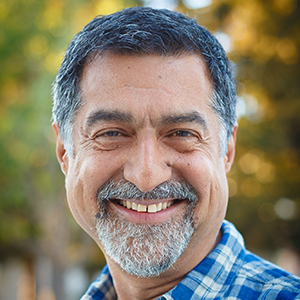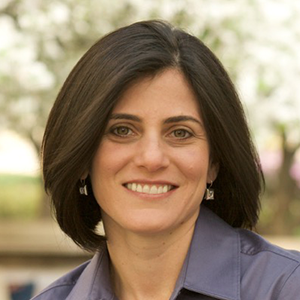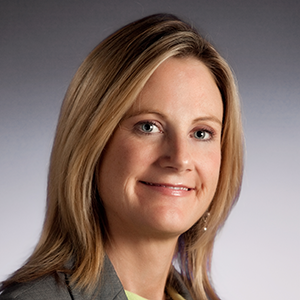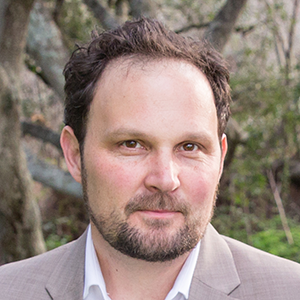Session Abstract – PMWC 2018 Silicon Valley
Session Synopsis: It’s fine to talk about cutting edge immunotherapy, biomarkers for early detection of disease, and the implications of ‘big data.’ But the dirty little secret surrounding big-data in healthcare is…we’ve got to think much smaller. Small data, N-of-1, the individual. Collected patient by patient, seven billion times over. Combining the power of people – and their health data – with developments in computational biology and technology for the knock-out punch on cancer. This session addresses patient data access, self-reported data, and regulatory solutions serving both human and AI/ML computational needs. We’ll outline a different way of thinking about the future – an attack on cancer that empowers people, patients and professionals.
Session Chair Profile
Founder, Ciitizen
Biography
Anil Sethi lost his little sister Tania on 9/11/17 to metastatic breast cancer. From “oh my God don’t let it be cancer” to Tania’s last wishes, he’s experienced the caregiver journey, firsthand. In honor of Tania, Anil recently founded his sixth consumer-health venture, Ciitizen. To help kill cancer, in our lifetime. In 2016 Apple acquired Sethi’s consumer health startup Gliimpse which helped patients manage their health records. He also founded Sequoia, shepherding it through three venture rounds and in 2000 completing an IPO (Nasdaq: SQSW) before Sequoia’s sale to Citrix in 2001 for its patient-portal business. In 2004, WebMD (Nasdaq: WBMD) acquired Sethi’s first startup, Dakota Imaging, for its healthcare claims processing business.
Talk
A Patient-mediated mHealth Solution to Legally Collecting and Sharing Clinical Data
Physicist Max Planck suggested, “in the correct formulation of the question lies the key to the ‘correct’ answer.” The healthcare industry continues their slog in trying to control siloed patient data. They continue to ask incorrect questions and thus miss the key that connects better outcomes with lower costs—the patient. We’ll discuss the specifics of a model of patient mediated data collection and sharing, and how patients may be the key to accelerating and unlocking genomic data for curative discoveries.
Speaker Profile
M.S., M.B.A, Director of Science Policy, Chan Zuckerberg Initiative
Biography
Tania Simoncelli recently joined the Chan Zuckerberg Initiative as Director of Science Policy. Previously, she was Executive Director of Count Me In, an initiative housed by the Broad Institute of MIT and Harvard that aims to accelerate biomedical research by facilitating patient-researcher partnerships. From 2010-2015, Simoncelli served in the Obama Administration, as Special Assistant to FDA Commissioner Margaret Hamburg and as Assistant Director for Forensic Science and Biomedical Innovation within the White House Office of Science and Technology Policy. From 2003-2010, Simoncelli worked for the ACLU as the organization’s first-ever Science Advisor. In 2013, Simoncelli was named by the journal Nature as one of “ten people who mattered this year” for spearheading the ACLU’s successful lawsuit challenging the patenting of human genes (AMP v. Myriad, decided by the Supreme Court in 2013).
Talk
Partnering Directly with Patients to Accelerate Cancer Research
Developments in technology, policy, and social media are making it possible for researchers to partner directly with patients to accelerate biomedical research. We’ll describe current examples of patient-researcher partnerships, benefits of this approach, and challenges with regard to scaling these efforts.
Speaker Profile
JD, MPH, LLM, Chief Regulatory Officer, Ciitizen
Biography
Deven McGraw is the Chief Regulatory Officer for Ciitizen. Prior to joining Ciitizen, she directed U.S. health privacy and security policy through her roles as Deputy Director for Health Information Privacy at the HHS Office for Civil Rights (the office that oversees HIPAA policy and enforcement) and Chief Privacy Officer (Acting) of the Office of the National Coordinator for Health IT. Deven also advised PCORNet (the Patient Centered Outcomes Research Network), as well as the federal All of Us Research Initiative, on HIPAA and patient-donated data research initiatives.
Talk
Regulatory Implications and A Practical Understanding of Patient Data Access and Sharing
HIPAA gives patients a right to copies of their health information, including a right to have that data forwarded anywhere to another treatment provider, a caregiver, or a research initiative. This right is reinforced by financial incentives (such as “meaningful use,” MACRA, and other outcomes or value-based payment initiatives) that reward the sharing of data with patients. We’ll clarify patient access rights as well as security and privacy, looking specifically at how physicians, researchers, and institutions can increase patient engagement while benefiting from data donations in return.
Speaker Profile
Director of Clinical Informatics for Ciitizen Corp
Biography
Brian Carlsen is a clinical terminologist, previously for Apple Health. An advisory group member of SNOMED, he was an architect of the NLM’s UMLS and the NCI Metathesaurus, designed to help solve for semantically interoperable health records. He’s a software developer of web-based and open source tools for the leveraging of clinical terminologies across healthcare domains including labs and medications. He is an expert in creating computable representations of health data as a consistent way to index, store, retrieve, and aggregate medical data across payers, providers, and consumer devices.
Talk
An Informatics Driven Data-model for The Semantic Interoperability around Cancer
The previous sessions have addressed why patients are the natural solution to solve data sharing and why federal policies can be leveraged for same. However, having an API (e.g. HL7-FHIR) only solves the syntax problem. There continues to be a semantic mismatch between health data elements such as lab results where some reporting systems may call it Hemoglobin while others call the same element HGB or Hemob, and standard health terminologies may call it something else. Cancer serves as our backdrop to illustrate semantically matching like-terms in service of computational and ML/AI data needs.







